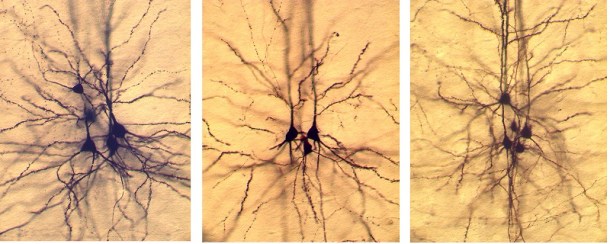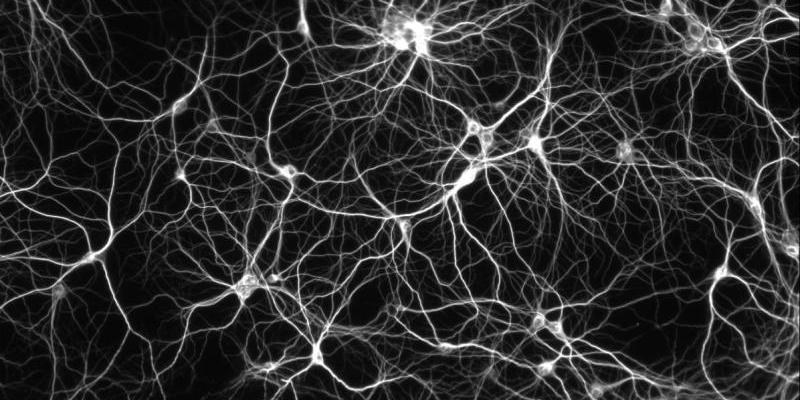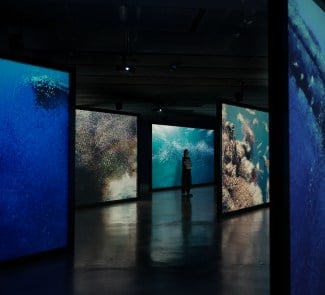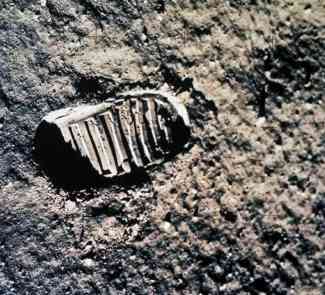Contrary to popular belief, our neurons are able to regenerate, even in adults. This process is called neurogenesis.
Years ago, popular wisdom said that we had a finite number of neurons. In other words, any accident or problem (such as drinking alcohol or brain trauma) could eliminate these essential populations of specialised cells that are vital to the proper functioning of our bodies.
However, this legend has been tied to a long list of science myths that still persist, in combination with others, such as the effects of the light from displays on our vision or certain health-related beliefs. Some time ago, researchers were surprised to discover the process of neurogenesis, through which our nervous system is able to generate new neurons, even in adults.
The population at large is generally unaware of neurogenesis, but his finding unquestionably marks a before and after in the history of biology. This process has been observed in the subventricular area of the brain, where the nerve stem cells are able to differentiate themselves into adult populations of neurons. Recent research has also identified the subgranular area of the hypothalamus as a region where neurogenesis also takes place.

The confirmation of the existence of neurogenesis therefore refutes this long-standing belief related to the myths of science. And the thing is that despite the fact that many of these ‘new neurons’ die after the differentiation of the stem cells, a significant number of them do manage to survive and integrate themselves into nearby neuronal tissues.
For this reason, we know that it’s true that adults can regenerate neurons, despite their age. This fact invalidates some of the most important neuroscientific theories, like the one proposed by Santiago Ramón y Cajal, a researcher who didn’t believe in the power of neuronal regeneration. Experiments in the last third of the 20th century show how science has taken great steps forward in this sense in recent years.
Lastly, let’s highlight Spain’s contribution to the debunking of science myths. Some of the most important researchers in the field of neurogenesis include José Manuel García Verdugo, from the University of Valencia, and Arturo Álvarez-Buylla, a Mexican with Asturian roots, from the University of California (San Francisco). Their work undoubtedly follows in the footsteps of Santiago Ramón y Cajal, the Spanish neuroscientist who forever changed our understanding of the nervous system.
Images | Matt Lee (Flickr), Drexel University









